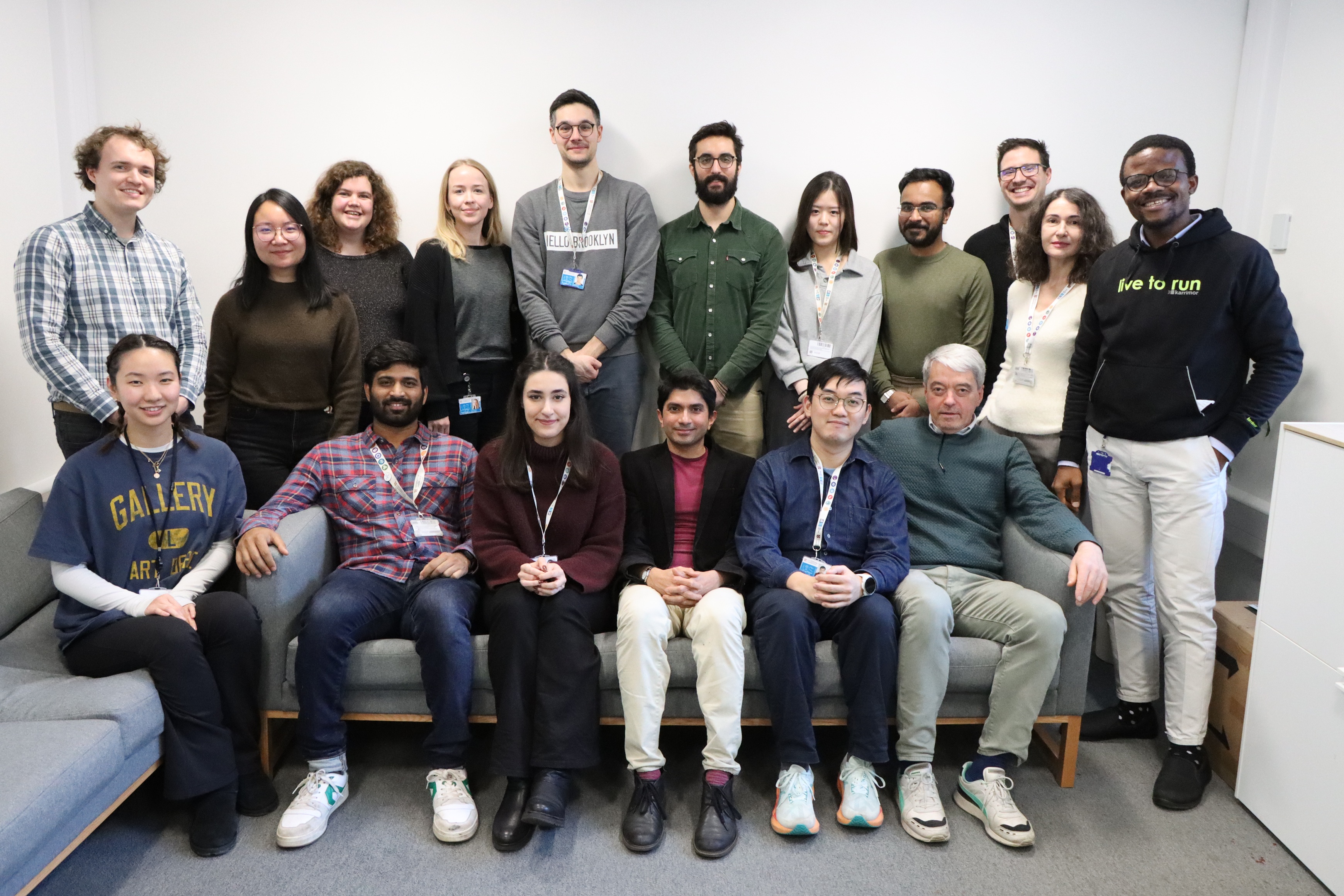Photo Credit: Dr Ritwick Sawakar
The Sawarkar lab studies how human cells respond to stress. In recent years, the lab uncovered a pathway of ‘transcriptional lockdown’. During the stress of the COVID pandemic, many countries imposed lockdowns to halt regular traffic and prioritize health services. Similarly, during stress, cells stop their normal activities, such as reading their genetic material and will allocate their resources to fight stress. The identification of the molecular players implementing the transcriptional lockdown strategy over the last few years by researchers in the lab allowed the group to ask if halting transcription during stress is a survival strategy.
Mice unable to impose transcriptional lockdown are healthy under normal conditions, but when they face the stress of neurodegeneration, they do not survive. Such experiments suggest that our cells use the transcriptional lockdown to fight neurodegeneration, paving a novel avenue for therapeutic development for dementia. The lab is currently investigating if boosting the ability of our brain to impose transcriptional lockdown during the early phases of dementia can delay neurodegeneration.
You can read about the Sawarkar Group's research on their group page.

